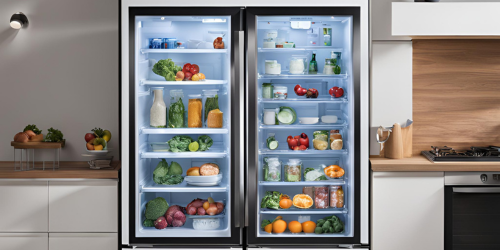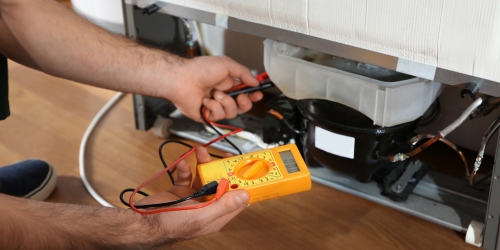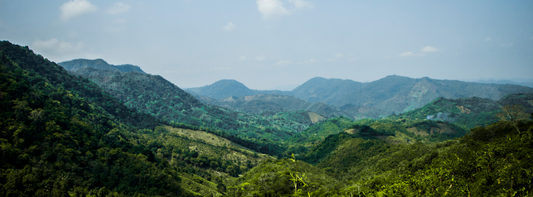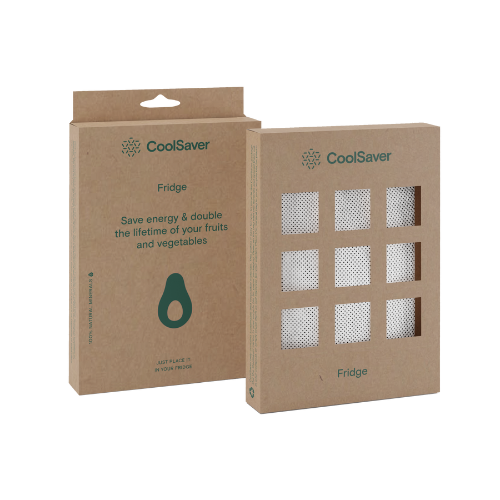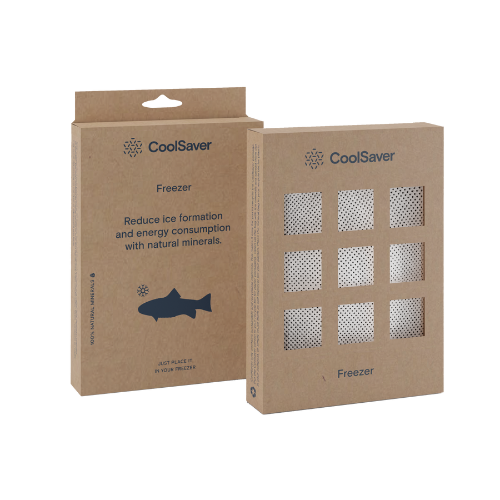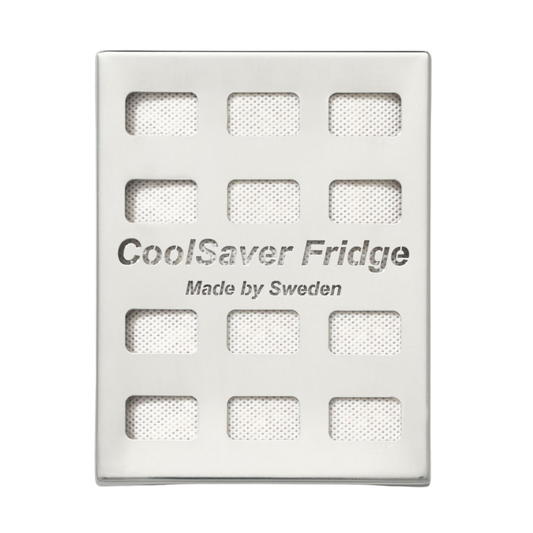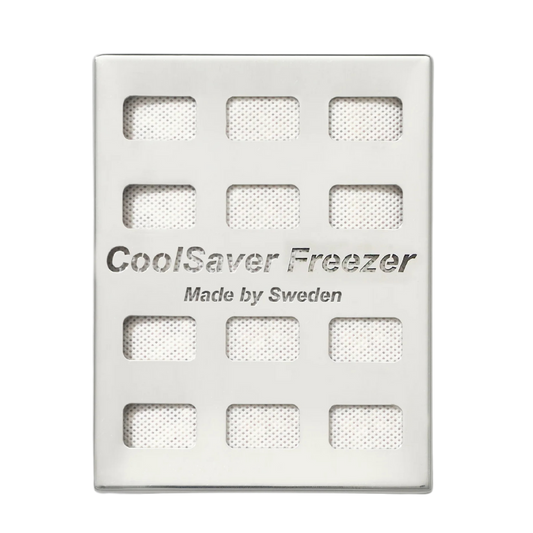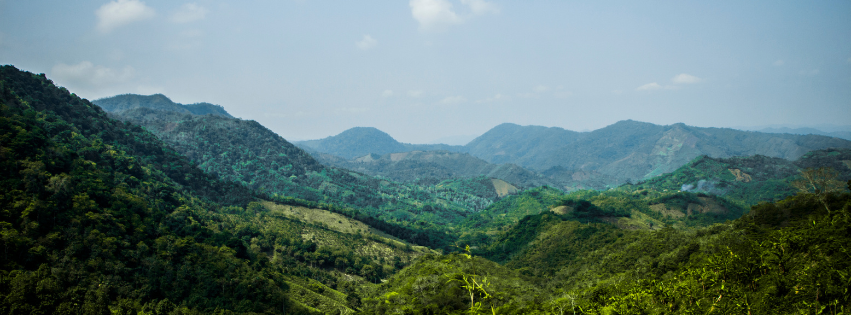
Påverkan av matavfall på miljön - och hur du kan hjälpa till
Dela
Matsvinn är ett växande globalt problem, med betydande konsekvenser för miljön. Från att bidra till utsläpp av växthusgaser till att slösa bort värdefulla resurser, matsvinn påverkar vår planets hållbarhet på sätt som ofta går obemärkt förbi. Lyckligtvis, genom att anta smartare vanor och innovativa verktyg som CoolSaver, kan vi minska matsvinnet, minska vårt koldioxidavtryck och gå mot en mer hållbar framtid.
Hur matsvinn påverkar miljön
-
Utsläpp av växthusgaser
När matavfall hamnar på deponier bryts det ner anaerobt och frigör metan – en växthusgas som är över 25 gånger mer potent än koldioxid. Enligt Food and Agriculture Organization (FAO) bidrar matsvinnet till cirka 8–10 % av de globala utsläppen av växthusgaser. -
Resursutarmning
Att producera mat kräver vatten, mark, energi och arbetskraft. När mat slösas bort slösas också alla resurser som gick till att odla, skörda och transportera den. Till exempel tar det över 1 800 liter vatten för att producera bara ett pund nötkött. -
Avskogning och förlust av biologisk mångfald
Jordbrukssektorn driver på avskogning och förstörelse av livsmiljöer. När mat går till spillo ökar det efterfrågan på markomvandling, vilket påverkar biologisk mångfald och ekosystem negativt.
Livsmedelshållbarhetens roll för att minska avfallet
Praktiserande livsmedels hållbarhet innebär att konsumera och hantera livsmedel ansvarsfullt för att minimera svinnet. Små förändringar i hur vi lagrar, konsumerar och kasserar mat kan ha en bestående inverkan på miljön:
- Smartare förvaring: Att organisera ditt kylskåp för att bibehålla luftflödet och hålla föremål synliga minskar bortglömda färskvaror.
- Medveten konsumtion: Planera måltider och handla avsiktligt för att undvika överköp.
- Innovativa verktyg: Produkter som CoolSaver hjälper till att förlänga färskheten hos mat genom att kontrollera fukt och minska etylengas, en naturlig förening som påskyndar förstörelsen.
Hur CoolSaver hjälper till att minska ditt koldioxidavtryck
CoolSaver är ett praktiskt steg mot att bekämpa matsvinn. Dessa miljövänliga paneler fungerar genom att absorbera överflödig fukt och fånga etylengas inuti ditt kylskåp. Detta säkerställer att frukt, grönsaker och andra färskvaror håller sig fräscha längre, vilket minskar sannolikheten för att slänga bortskämd mat.
Genom att använda CoolSaver kan du:
- Spara pengar genom att förlänga hållbarheten på dina matvaror.
- Bidra till miljövård genom att minska matsvinnet hemma.
- Sänk ditt hushålls koldioxidavtryck, en färsk frukt i taget.
Hur du kan hjälpa till: Praktiska tips för att minska matsvinnet
-
Förvara mat klokt
Använd lufttäta behållare för skurna produkter och fodra fruktförvaringsutrymmen med pappershanddukar för att absorbera överflödig fukt. -
Frys in rester
Frys in rester eller färskvaror som närmar sig utgångsdatum för att bevara dem för framtida bruk. -
Kompost när det är möjligt
Istället för att slänga matrester i papperskorgen, skapa en kompostbehållare för att återvinna näringsämnen tillbaka i jorden. -
Inkludera verktyg som CoolSaver
Investera i verktyg som är utformade för att hålla dina produkter fräscha och optimera kylförvaringen.
Vidta åtgärder idag
Matsvinn är inte bara ett miljöproblem – det är ett personligt problem.Med små, genomtänkta förändringar och innovativa lösningar som CoolSaver, kan du göra en betydande inverkan. Genom att minska avfallet bidrar du till en hälsosammare planet och skapar en mer hållbar livsstil.
👉 Är du redo att börja din resa mot hållbar mat? Besök CoolSaver Handla idag och utforska hur du kan hålla din mat fräsch och minska ditt miljöavtryck!
Anta smartare vanor idag och låt oss arbeta tillsammans för att ta itu med matsvinnet för en grönare morgondag.

